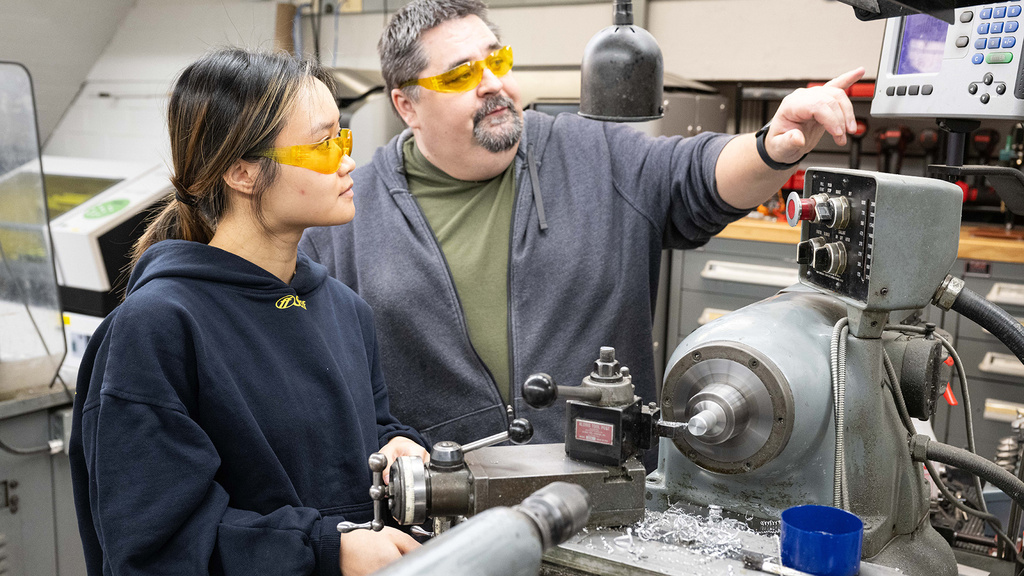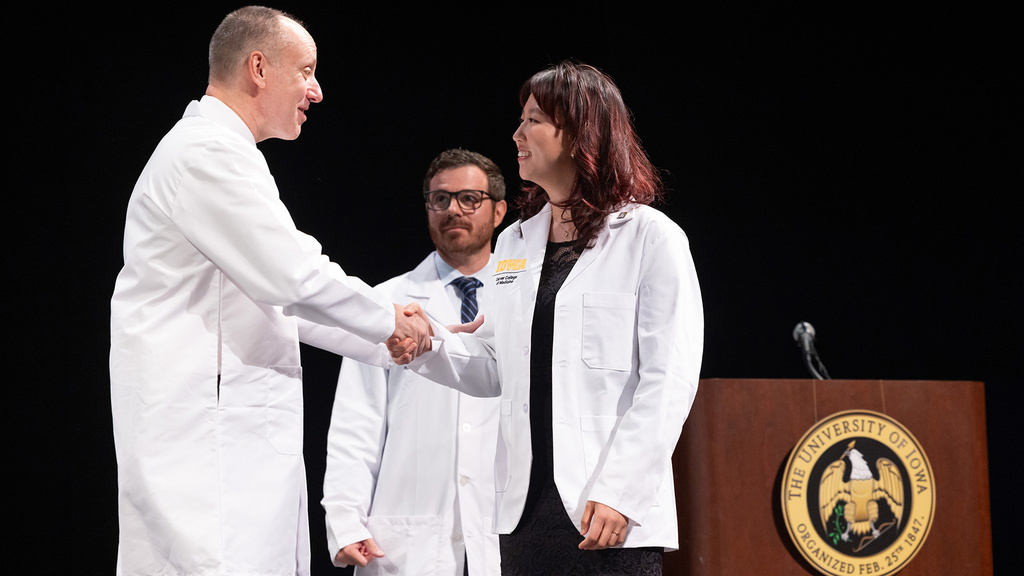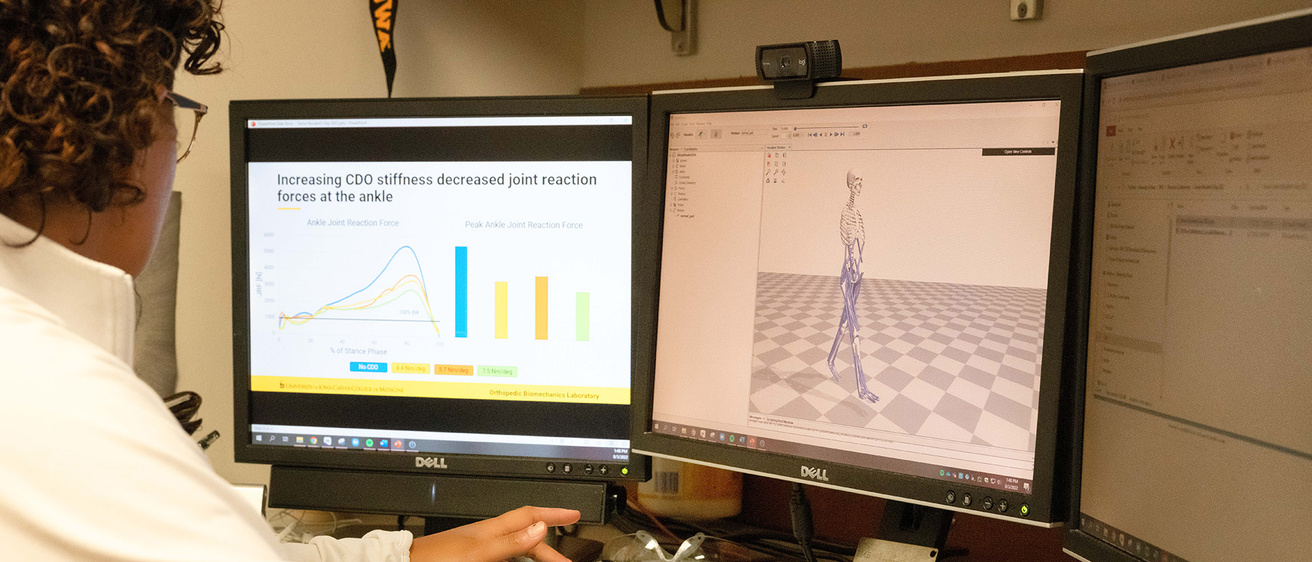Not every biomedical engineer needs a PhD. But for certain careers, the extra investment of time and money is a must.
Pursuing a PhD in biomedical engineering is a major commitment — and not one to take lightly. With the field pushing the boundaries of medical technology, those who choose to earn a doctoral degree often do so with specific goals in mind: conducting advanced research, leading innovation, teaching at the university level, or influencing public health policy.
But is getting an advanced degree the right path for you? Let’s explore the types of roles that benefit from a PhD, the earning potential, time investment, and the broader impact of such a degree on your career.
What types of biomedical engineers need a PhD?
Not every role in biomedical engineering requires a PhD. Many engineers find successful careers with just a bachelor’s or master’s degree. However, some specializations either require or strongly benefit from the depth of expertise a PhD provides. These include:
- Bioinformatics: Developing novel algorithms for managing and analyzing genomic and biological data.
- Biomedical device research and development (R&D): Designing and leading the development of advanced diagnostic and therapeutic devices.
- Tissue engineering: Conducting cutting-edge work on regenerative medicine and synthetic tissues.
- Academic research and teaching: Essential for becoming a professor, running an independent lab, or publishing original research.
Beyond gaining technical expertise, a PhD also opens the door to leadership positions in research-intensive organizations, greater autonomy in innovation and experimentation, competitive eligibility for research grants and federal funding, and high-level collaboration across science, medicine, and engineering.
“Many of the cutting-edge product development teams at biomedical engineering companies or pharmaceutical companies are led by someone who’s earned a PhD, because the process of earning a doctoral degree embeds in you the thinking and problem-solving skills you need to work on complex four- to five-year projects,” says Mike Schnieders, a professor of biomedical engineering at the University of Iowa. “You learn not only how to think about a project strategically, but also how to write about it. How do you formulate a project that either delivers novel technology or tests a hypothesis? Does your research plan convey significance, innovation, and a feasible approach that will lead to results supported by rigorous statistics?”
How much money do biomedical engineers make with a PhD?
Salary is often a deciding factor when it comes to graduate school — and in biomedical engineering, a PhD can open doors to both academic and industry careers with strong earning potential.
Professorships offer stability and intellectual fulfillment, while industry roles may provide higher salaries and faster advancement. Your choice depends on your goals — whether they lean toward research, teaching, innovation, or leadership.
If you want to teach biomedical engineering at a college or university, your earnings will depend on your experience, institution type, and location.
Tenure/Tenure Track Rank | Benchmark Average | Benchmark Upper Quartile | Benchmark Upper Decile |
|---|---|---|---|
Professor | $197,076 | $212,086 | $237,239 |
Associate Professor | $130,914 | $135,890 | $141,935 |
Assistant Professor | $109,756 | $111,607 | $113,999 |
Source: American Society for Engineering Education, 2024
In industry roles, the average annual salary for someone with a PhD in biomedical engineering can vary. For example, here are some annual salaries included in 2025 job listings requiring a PhD in biomedical engineering:
- Process development engineer at a pharmaceutical company: $105,000–$158,000
- Principal research and development engineer at a medical technology company: $115,000–$197,000
- Senior scientist in regenerative medicine at a health sciences company: $145,000–$185,000
- Biomedical engineering manager for an engineering and scientific consulting firm: $145,000–$197,000
Don’t forget that getting a PhD requires an investment in time and money. How much time and money will depend on how your program is structured (such as tuition and how much financial aid you receive in fellowships, grants, or assistantships) and how long it takes you to complete a PhD.
How long does it take to get a PhD in biomedical engineering?
The average time to complete a PhD in biomedical engineering is five to seven years, though this varies depending on your background, research focus, and program structure.
Typical progression includes two years of coursework in advanced biomedical topics and three to five years of original research, dissertation writing, and defense. While the journey is long, it offers the chance to immerse yourself in transformative work and emerge as a leader in your area of focus.
In short, a PhD in biomedical engineering isn’t for everyone, but for those driven by curiosity, leadership, and a desire to innovate, it can be one of the most powerful investments you make. With the right support and vision, the degree positions you to make real change — in the lab, the classroom, and the health care system.
Related content

Biomedical engineering degree types: What degree is right for you?

Is a master's degree in biomedical engineering worth it?

